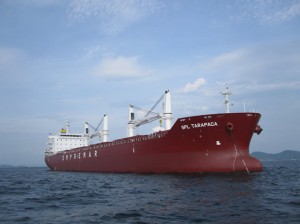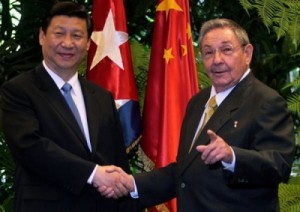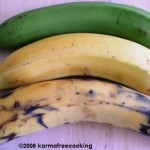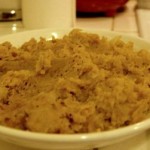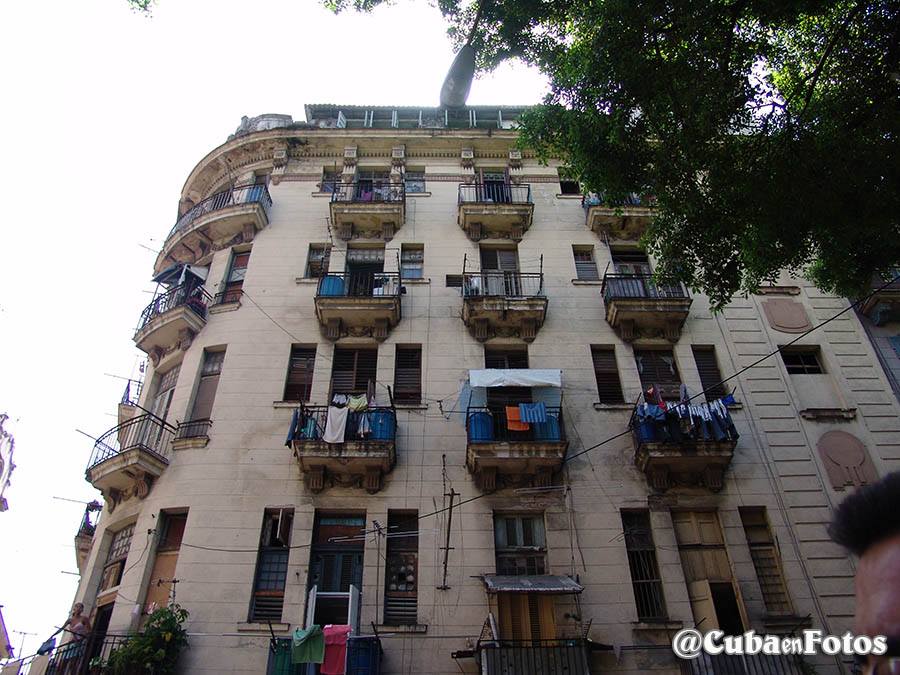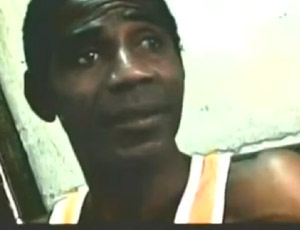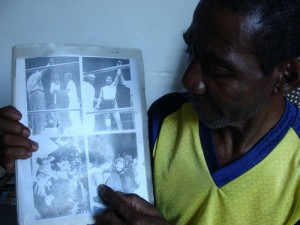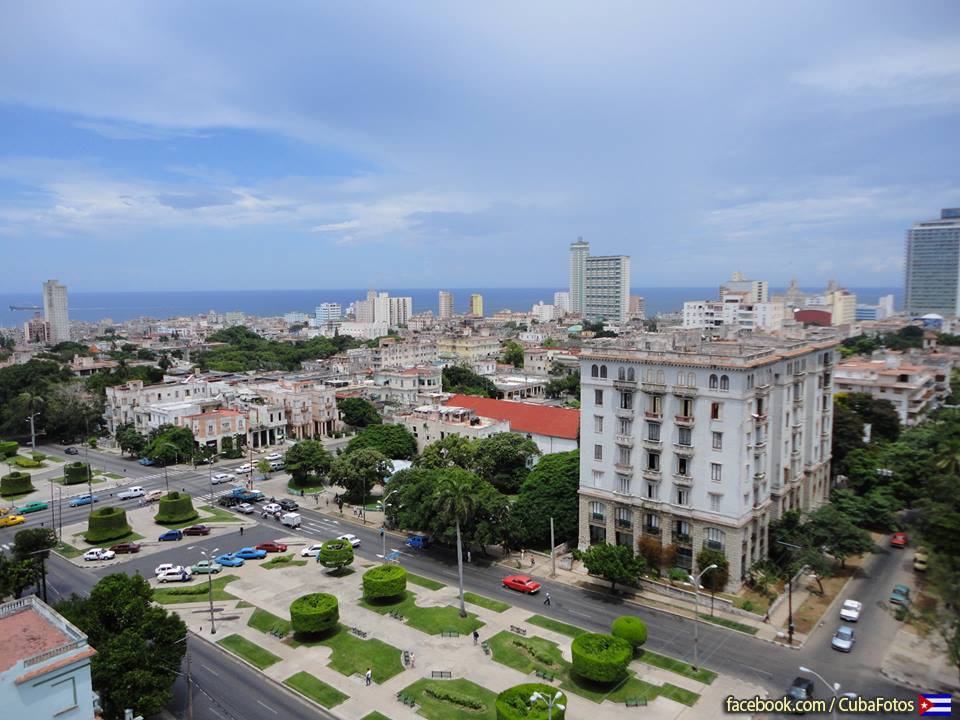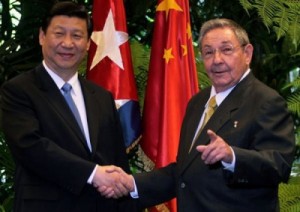 CUBA Y CHINA SUSCRIBEN 29 ACUERDOS DE COOPERACIÓN.
CUBA Y CHINA SUSCRIBEN 29 ACUERDOS DE COOPERACIÓN.
Las delegaciones de Cuba y China han suscrito este martes un total de 29 acuerdos de cooperación en los ámbitos económico, cultural y educativo, en el marco de la visita del presidente chino, Xi Jinping, a la isla, donde se ha reunido con su homólogo cubano, Raúl Castro.
Entre los principales convenios firmados se encuentra el acuerdo marco para la cooperación en el ciberespacio, así como el otorgamiento de una línea de crédito a Cuba para la ejecución de la construcción de una terminal multipropósito en el puerto de Santiago de Cuba, de acuerdo con el portal de noticias ‘Cuba Debate’.
Otros proyectos bilaterales pactados durante el encuentro de ambas delegaciones en el Palacio de la Revolución abarcan el intercambio en el campo de la biotecnología, el desarrollo de las energías renovables y el monitoreo ambiental.
En el ámbito económico, se rubricaron protocolos para el control de la calidad del tabaco y del azúcar que Cuba exporta al gigante asiático, mientras que en el campo cultural se ha trazado un plan ejecutivo 2014-2017, así como el fomento de el intercambio educativo entre ambas naciones.
Xi ha afirmado que su visita de Estado a Cuba está destinada a potenciar la amistad tradicional entre los dos países, construida conjuntamente por Castro y las viejas generaciones de líderes chinos, con el fin de dar un nuevo impulso a la cooperación bilateral.
El pasado lunes, coincidiendo con su llegada a la isla, el presidente chino aseguró que ve la actualización del modelo económico cubano, que se viene impulsando de forma integral durante los últimos años, como una “importante oportunidad” para el desarrollo de nuevos lazos comerciales con China.
Tras aterrizar en el aeropuerto de La Habana, dentro de su gira por varios países latinoamericanos, Xi alabó “la firmeza” de Cuba en la salvaguarda de su soberanía estatal y destacó a la isla como “un país de peso en América Latina y el Caribe”.
“El pueblo cubano ha persistido en el camino del socialismo, salvaguardando con firmeza la soberanía estatal y realizando arduos esfuerzos por impulsar el crecimiento económico, al tiempo que ha venido elevando de continuo el nivel de vida del pueblo”, sentenció Xi.
Notiamerica/EP/Excerpts.InternetPhotos/www.thecubanhistory.com
The CUban History, Hollywood.
Arnoldo Varona, Editor.
Viñales, Pinar del Rio. Cuba en Fotos.
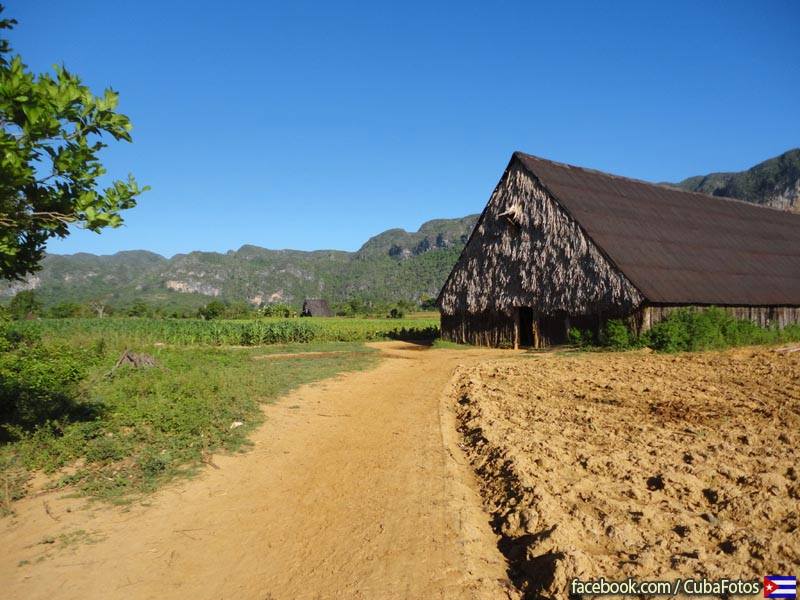
CUBA AND CHINA SIGNED 29 COOPERATION AGREEMENTS.
Delegations of Cuba and China have signed on Tuesday a total of 29 agreements of cooperation in the economic, cultural and educational fields, in the framework of the visit of Chinese President Xi Jinping to the island, where he met with his Cuban counterpart Raul Castro.
The main agreements signed the framework for cooperation in cyberspace agreement and the granting of a line of credit to Cuba for the implementation of the construction of a multipurpose terminal in the port of Santiago de Cuba, match is news portal ‘Cuba Debate’.
Other bilateral projects agreed at the meeting of the two delegations at the Palace of the Revolution include the exchange in the field of biotechnology, the development of renewable energy and environmental monitoring.
In the economic sphere, protocols for quality control and snuff Cuba sugar exports to the Asian giant were initialed, while in the cultural field has set an executive plan 2014-2017 and promoting educational exchange between the two nations.
Xi said that his state visit to Cuba is intended to enhance the traditional friendship between the two countries jointly built by Castro and older generations of Chinese leaders, in order to give new impetus to bilateral cooperation.
On Monday, coinciding with his arrival on the island, the Chinese president said he sees the updating of the Cuban economic model, which is being promoted comprehensively over recent years, as an “important opportunity” for the development of new trade ties with China.
After landing at the airport of Havana, in his tour of several Latin American countries, Xi praised “firmness” of Cuba in safeguarding its national sovereignty and stressed to the island as “a country of weight in Latin America and the Caribbean “.
“The Cuban people have persisted in the path of socialism, firmly safeguarding state sovereignty and making strenuous efforts to boost economic growth, while it has been continuously raising the standard of living of the people,” he said Xi.
Notiamerica/EP/Excerpts.InternetPhotos/www.thecubanhistory.com
The CUban History, Hollywood.
Arnoldo Varona, Editor.



